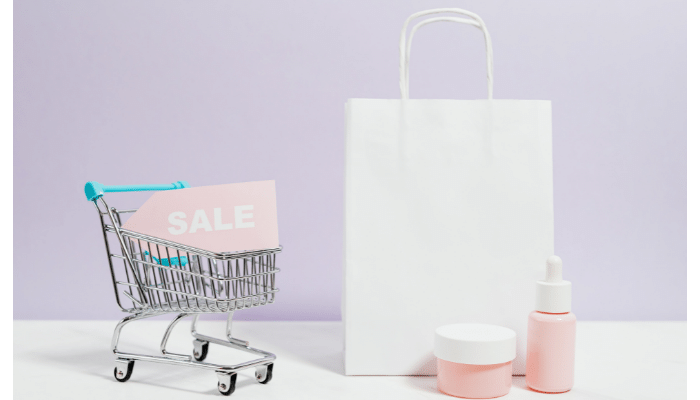Singapore – MARKETECH APAC, in partnership with Vase.ai, recently gathered marketing leaders in the region to shed light on how brands can refine and fortify their brand and consumer insights strategy.
On July 27, brand and agency heads from Accenture Song, BigPay, Popeyes, and Vase.ai shared a space in the webinar ‘Consumer Insights Power-Up 2022’ to discuss how they are best leveraging consumer insights to deliver marketing and advertising that cuts across consumers.
In the keynote presentation, CEO of Vase.ai, Julie Ng, revealed the ‘magic formula’ that materialises consumer insights into smart business actions. She also shared how to identify ‘signal’ from ‘noise’ in a goldmine of data that is available today, as well as the key ways to effectively gather these ‘signals’.
Moderated by MARKETECH APAC’s Regional Editor Shaina Teope, the Country Marketing Head of BigPay, Jia Nina, and the Marketing Lead of Popeyes for APAC, Tanushri Rastogi, delved into a panel discussion in which each shared how their brands are uniquely building up and implementing their brand insights structure. In this panel, audience learnt how brands from fintech and F&B breathe life into marketing intel and realising it into campaigns that not only persuade consumers into action but also into products that elevate consumer experience.
To cap off the fruitful discussion, the webinar saw a fireside chat between Vase.ai’s Julie Ng and Neeraj Gulati, partner at Accenture Song. The two talked about how to develop an insight-driven marketing campaign, and how targeted and strategic consumer insights, in the end, help to ensure ROI.
The webinar drew 153 marketing professionals out of 424 registrations. The attendees came from a variety of industries, including consumer products, telecommunications, tech, retail, banking, transportation, and consulting, and most hailed from the markets of Malaysia, Philippines, Indonesia, and Singapore. Those who took part were from companies Astro, Beiersdorf, Boost Holdings, Globe Telecom, Heineken, J&J, L’Oréal, PETRONAS, Porsche Singapore, redONE Network, Rustan Commercial Corporation, Smartfren, Smartone, U Mobile and many more.
Shaina Teope, regional editor of MARKETECH APAC and also moderator of the panel, commented, “Marketers are in a continuous challenge of transforming an intangible but crucial asset as marketing data and shaping that up into something that would be deemed beneficial for consumers and revenue-generating for brands. This industry discussion is important because expert minds from the brand and agency side are given the platform to share tried-and-tested methods in doing just that so that brands need not start from the ground up.”
Julie Ng, CEO of Vase.ai, remarked, “Many marketers know that consumer insights are important to drive growth, but not many know where to begin and how to elicit tangible and relevant results from consumer research with minimal resources. I hope my presentation not only answered these questions, but also inspired a growth and agile mindset: build a consumer insights system, not a consumer insights project because a system is something we will keep using, iterating, repeating and improving for our competitive advantage.”
Meanwhile, on the partnership with MARKETECH APAC, Ng commented, “Honestly, this is the first stress-free webinar I have partnered up with. I could focus entirely on preparing my presentation without worrying about everything else – project management, advertising and promotion, ensuring quality webinar attendance, and most importantly, transparent communication – because I trusted MARKETECH APAC would deliver. And deliver they did.”
On-demand access to the webinar is now available. Get your access HERE.

















